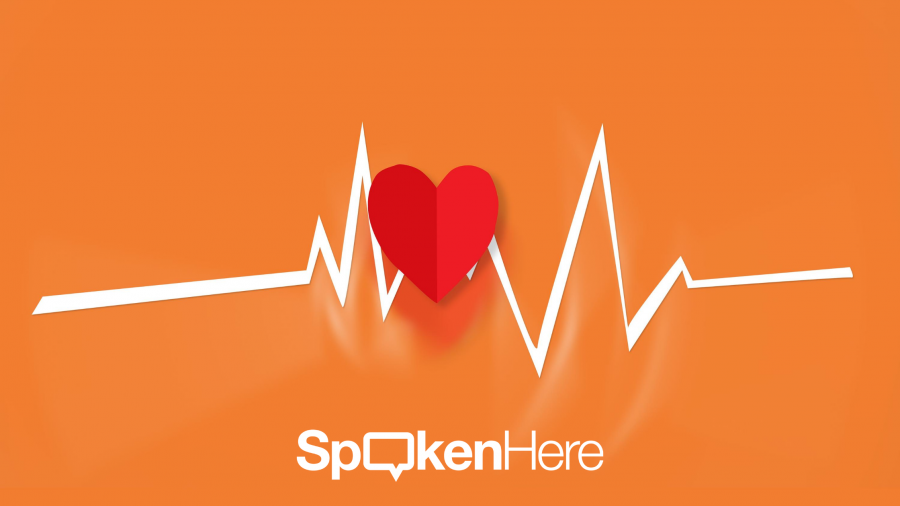
Medical Interpreters are Unique
Medical interpreters are one of the unsung heroes in providing critical, accessible medical care. Their unique skills and talents are the special sauce of SpokenHere’s winning recipe for medical interpretation services.
Interpreting is always a challenging job. For Medical Interpreters, the task is made more so when you add in the need to communicate complex medical terminology and jargon to the patient. An interpreter must communicate in a way the patient can understand. They must also interpret and translate cultural nuances back to the medical professional.
What does it take to become a Medical Interpreter?
Medical interpretation requires knowledge of medical terminology, both in the source and target languages since they will have to translate those terms from both sides of the conversation. In addition to medical terminology, they also need to have knowledge of simple words (even slang), because patients don’t often use complicated medical terms to describe how they feel. Past experience in the medical field is an advantage. For example, if someone has education or experience as a nurse or medical office staff, it is beneficial as an interpreter too.
Interpreting medical conversations is no small task. It requires the ability to remember large passages, convey empathy for the patient’s concerns, and practice a high level of professionalism and discretion.
Which certifications are required to become a Medical Interpreter?
A prospective interpreter must be 18 or older, have at least a high school diploma or GED, and must attend a minimum of a 40 hour medical interpreting certificate course.
In the U.S., there are two organizations that offer certifications:
- The Commission for Healthcare Interpreters (CCHI),or
- The National Board for Certified Medical Interpreters (NBCMI).
Once qualified, a Medical Interpreter needs to complete 32 hours of continuing education every four years for the CCHI and 30 hours every five years for the NBCMI in order to retain the certification.
A prospective interpreter will also need to complete a HIPAA training course. These courses are geared at educating the interpreter about the ethics surrounding the law and the conditions and legal consequences of divulging a patient’s medical information. HIPAA training suite for on-demand interpreters is available online. The online courses satisfy the HIPAA training requirement for 2 years.
What makes SpokenHere’s medical interpreters awesome?
One of the things that makes our medical interpretation team stand out from the rest is their spirit of communal learning and support. In addition to continuous training, SpokenHere’s interpreters collaborate and receive mentoring from our most experienced, senior-level interpreters.
All of our interpreters are provided with ongoing training to continue to hone their skills. Our internal support team holds a new client check-in to gain useful feedback to share with and help guide our interpreters. We also perform spot checks on interpreting calls for quality assurance and to make sure our interpreters are representing our core values in every interaction.
Would you like to see a demonstration of SpokenHere’s remote interpreting platform? There’s no obligation other than watching to learn more, and we’re happy to answer your questions.

